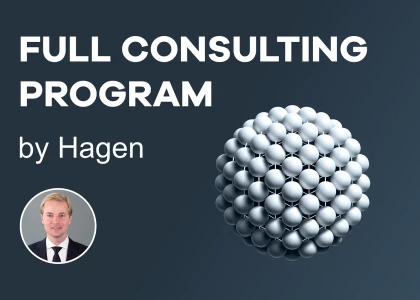At work, I tend to be a bit overpolite / overcautious when interacting with my colleagues. People tend to see me as a friendly and nice person and I interact with junior workers just like friends.
The drawback of this is that I may not been seen as an “aggressive person” who possess strong views. I also worry that being too close with juniors might create challenge in managing them in future.
How should I manage my professional image (i.e. the way people see me) at work? What is the right balance of being friendly with colleagues vs. treating it as a work relationship?
Thanks for sharing your experience!








